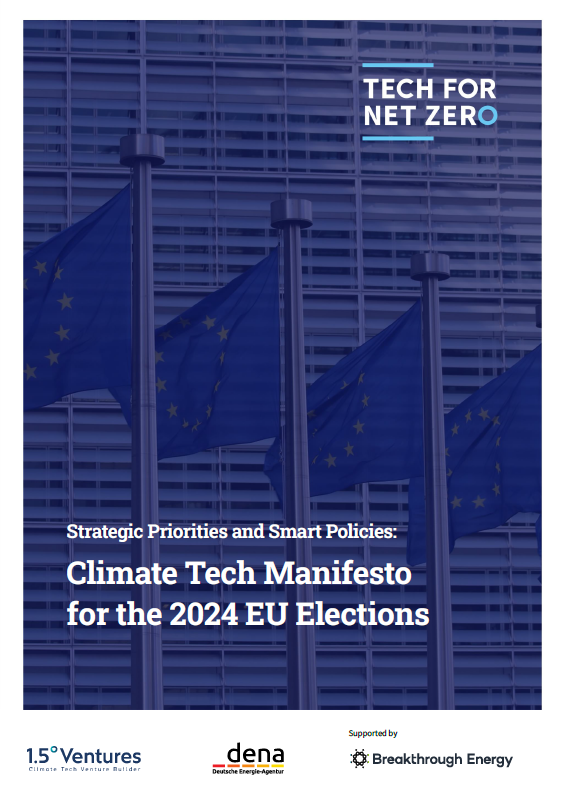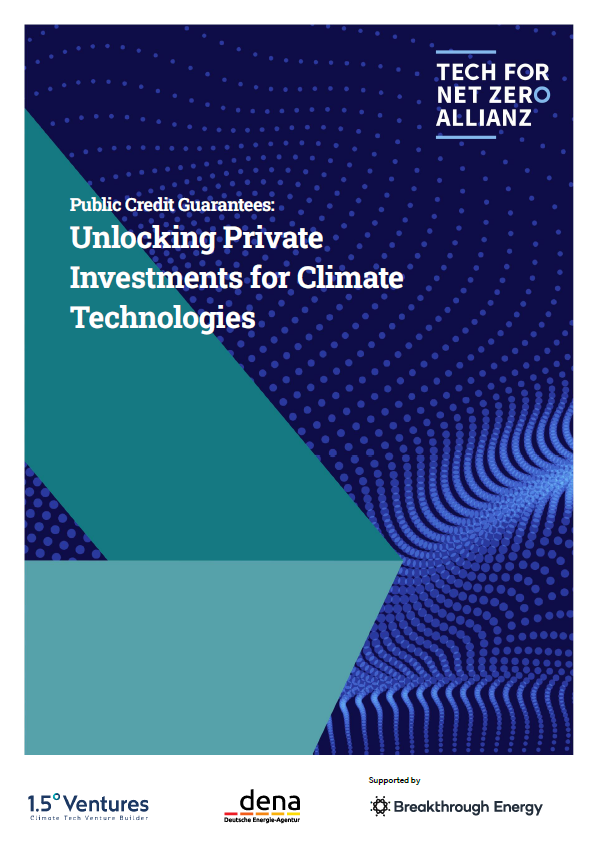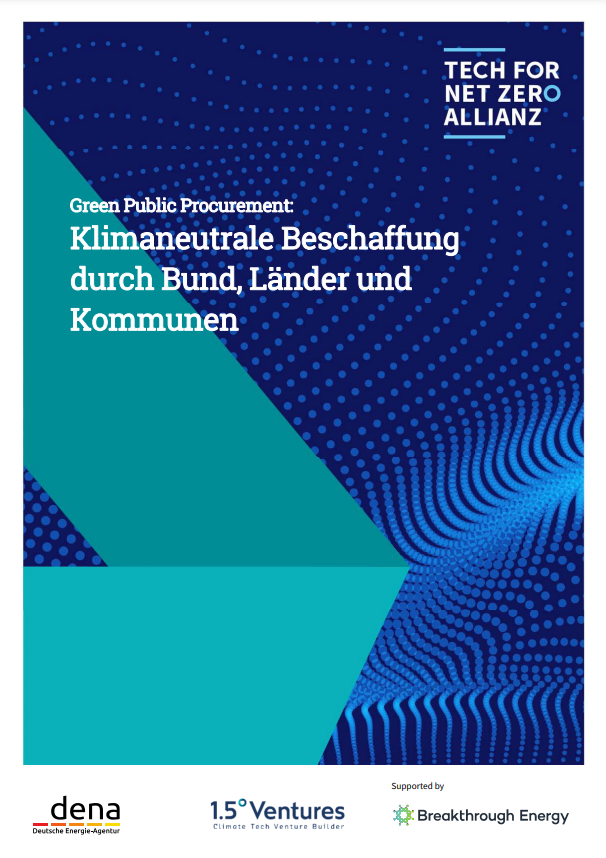To switch completely to renewable energy sources, we need to temporarily store the energy generated. Efficient energy storage is the missing building block of the energy transition. A worldwide shift to renewables requires a global storage capacity of more than 15,000 TWh el in 2050.
Industrial waste heat is also a type of renewable energy. Currently, however, it is largely released unused into the atmosphere or cooled down at great expense. If the heat is used again as an energy source, this not only saves this additional step, but also requires less energy from other, non-sustainable sources. The decisive advantage for industry is that, unlike wind and solar energy, waste heat can be calculated and controlled and is also already available.
Kraftblock provides the answer to a global problem. Kraftblock’s storage solutions make waste heat directly usable in industry and enable efficient storage of renewable energy. The scalable, cost-effective modular high-temperature storage system can be used for both heat and electricity.


“Industry is one of the biggest CO₂ emitters. If we manage to reduce energy consumption in this sector and move away from fossil fuels, that’s a huge step in the right direction and a commitment to our planet.”
Martin Schichtel, CEO






